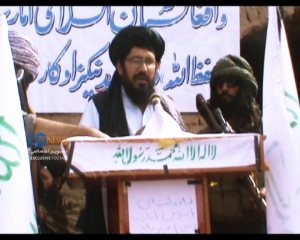Latest News
Taliban Splinter Leader Accused Mullah Mansour of Infidelity in Islamic-Emirate
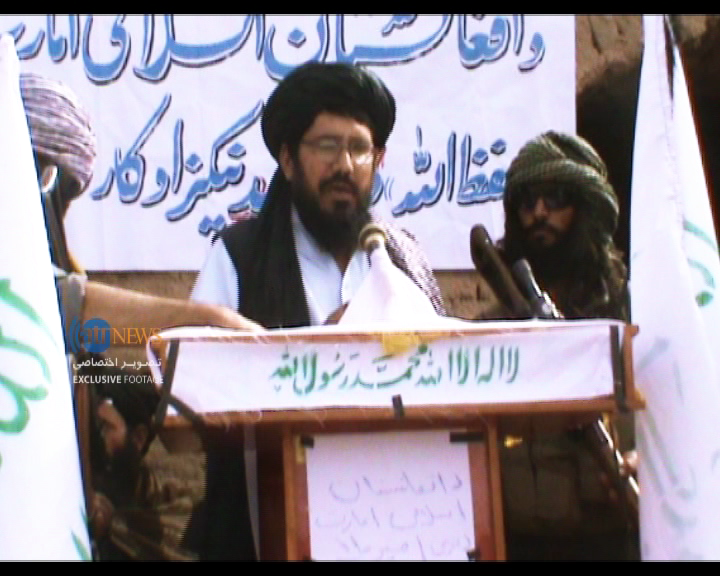
Mullah Muhammad Rasoul, the new leader of Taliban’s dissident group accused Mullah Akhtar Mansour, Taliban’ leader of infidelity in Islamic Emirate, saying Mansour has signed secret treaties with infidels.
In a video tape which Ariananews finds, Rasoul says that Mullah Mansour has involved most of Mujahideens in conflicts and betrayed the Islamic Emirate.
“We never accept slavery and we obliged to separate from Mansour because he sold, Islamic-Emirate, Jihad, Islam and has signed agreements with infidels,” Muhammad Rasoul Akhund, Taliban’s dissident leader said in a video tape.
Taliban veteran Mullah Mohammad Rasool has also said to the neighboring countries that they would not face any threats from his group.
“We announce to our neighbors that we have no controversy with anyone. We say to all Islamic countries and Muslims that our fights are against the United States,” Rasoul said.
He also warned other extremist groups that they will not allow any group to interfere in their country.
“All Mujahedeen are our brother no matter to be Daesh or Al-Qaeda. But we do not allow them to come to our country to fight or interfere,” Mullah Muhammad Rasoul added.
Divisions between Taliban groups come after the death of Taliban’s spiritual leader, Mullah Muhammad Omar.
The leadership crisis arose when Mullah Omar’s son and brother, who couldn’t make contact with him, challenged Mullah Mansour to explain how and when the leader died.
Now the Taliban may splinter into “a peace camp and a war camp, as well as many commanders going at it alone in pursuit of their own local objectives.
With the Taliban’s leadership in question, however, it is unlikely there will be much progress on reconciliation process.
The Taliban remain an effective fighting force, with recent assaults on Kunduz in northern Afghanistan and a bold attack on the Afghan parliament in June. These too may reflect the internal rifts between those who want to explore dialogue and those who prefer to continue fighting.
Reported by Rafi Sidiqi
Written by Muhammad Zakaria

Latest News
Iranian official: Only vulnerable points of Afghanistan’s border will be walled and fenced
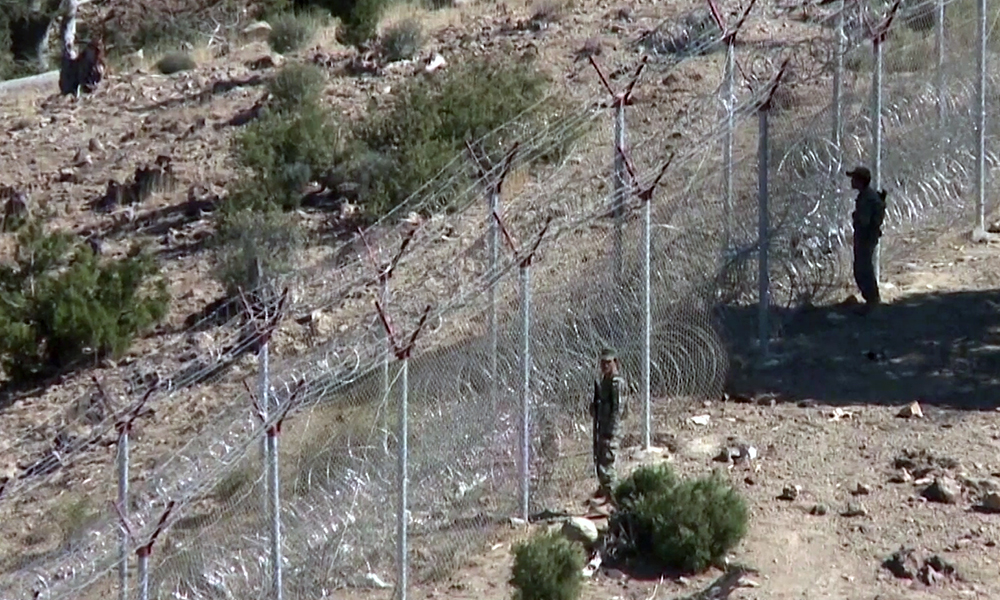
An Iranian security official has said that the entire border of Iran with Afghanistan will not be fenced, rather barriers will be created only at vulnerable points.
Iranian army has announced that the plan to create barriers at the border with a four-meter concrete wall, barbed wire and fence will be implemented within three years.
“In some northwestern and eastern borders, there are threats from the other side of the borders that we are countering,” said Qassem Rezaei, Iran’s deputy police commander.
He added that drug trafficking, human trafficking, and even terrorist infiltration may take place through these borders.
Meanwhile, the Minister of Interior of Iran Ahmad Vahidi has announced that over 1.3 million illegal foreign nationals have returned to their country in the past year.
He added that illegal citizens should leave Iran as they are not allowed to stay.
Latest News
Hanafi meets WHO regional director, stresses need for cooperation
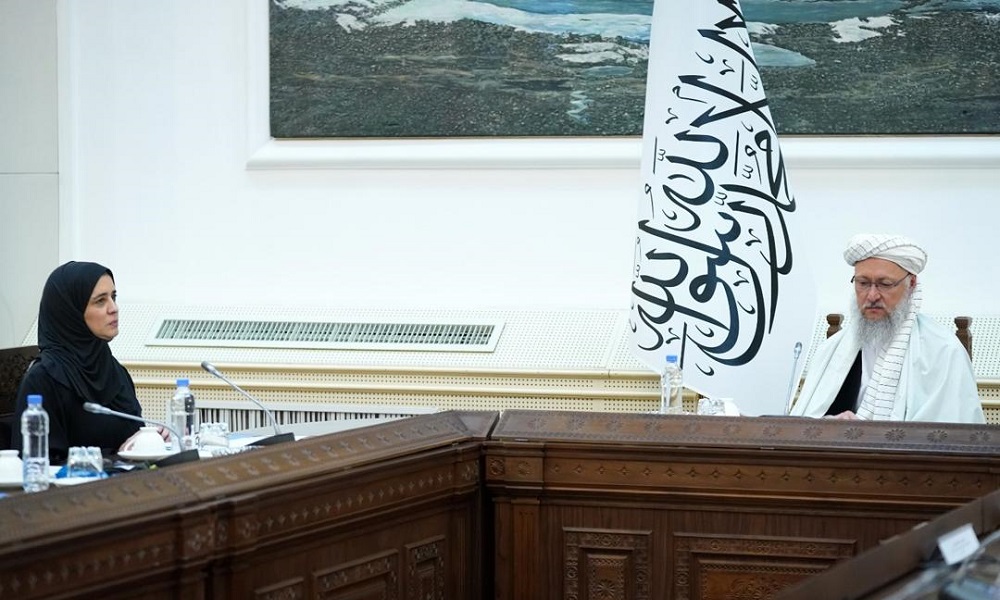
Deputy Prime Minister for Administrative Affairs Abdul Salam Hanafi on Sunday met with WHO Regional Director for the Eastern Mediterranean, Hanan Balkhy, and called for the organization’s cooperation including in the establishment of clinics in remote areas and training of specialists.
According to a statement released by his office, Hanafi pointed out that since the Islamic Emirate in Afghanistan regained power, there has been progress in various fields, including the fight against drug production and trafficking, the roundup and treatment of drug addicts, the eradication of corruption and nationwide security.
He asked the WHO to hand over Afghanistan’s seat to the representative of the Islamic Emirate and restore Afghanistan’s membership in meetings of the executive board and leadership meetings of the Mediterranean region.
Hanafi also called for the cooperation of international organizations in providing alternative livelihoods for poppy farmers and in providing assistance to flood victims.
While stressing that the eradication of polio is one of the priorities of the Islamic Emirate, Hanafi asked the WHO to activate polio diagnosis laboratories and supply vaccines, establish a cancer treatment center, prevent malnutrition among children and provide safe drinking water.
According to the statement, WHO official Balkhy said in the meeting that the health issue is non-political and one of the priorities of the organization.
She pointed to the achievements of the Islamic Emirate in various fields and expressed hope that better conditions will be provided for Afghans in the health and education sector.
Balkhy explained that WHO, together with other international organizations and the European Union, has a three-year project that includes the establishment of health centers in different provinces of Afghanistan.
She also expressed her appreciation for the efforts of the Islamic Emirate in the fight against polio and added that she will discuss the issue of providing alternative livelihoods for Afghan farmers with the WHO and other relevant organizations.
Latest News
OIC summit urges IEA to respect girls’ right to education
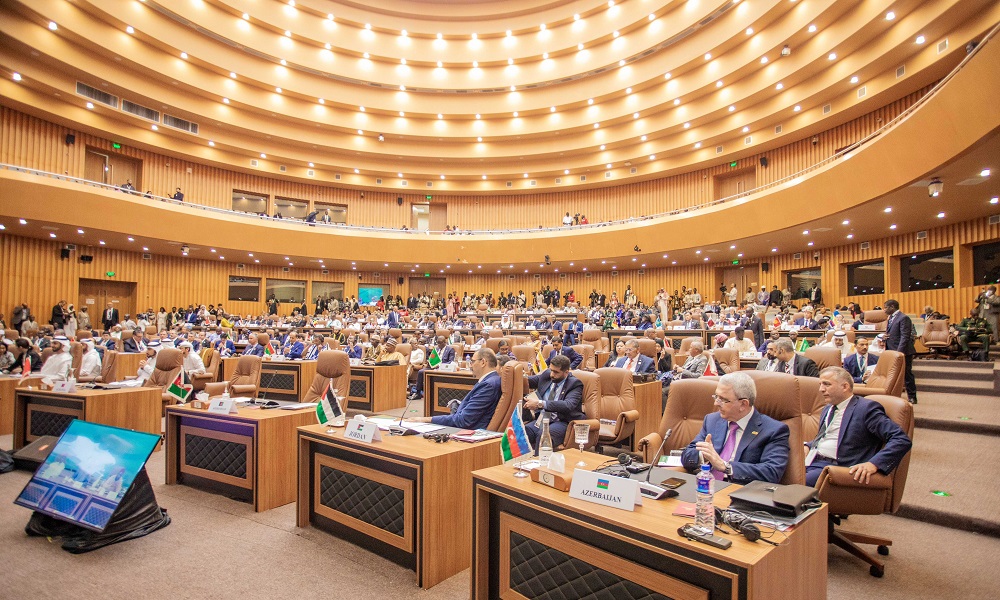
The 15th summit of the Organization of Islamic Cooperation (OIC) in Gambia on Sunday called on the Islamic Emirate of Afghanistan (IEA) to respect Afghan girls and women’s right to education and work.
In a declaration, OIC described the right to education and work as the fundamental rights of Afghan girls and women, and called for more communication with the IEA authorities on these issues.
Additionally, the participants emphasized the need for more efforts to address the challenges related to ethnic groups, drugs, terrorism, and social issues to ensure inclusive governance and sustainable peace and stability in Afghanistan.
“We also emphasize the need to make more efforts to address the challenges associated with ethnic groups, terrorism, drugs and social aspects for inclusive governance to achieve sustainable stability,” the declaration said.
Delegations from the 57 OIC member states attended the conference, organized by the Organization of Islamic Cooperation under the theme “Enhancing unity and solidarity through dialogue for sustainable development.”.
The summit was also attended by an IEA delegation.
-

 Sport5 days ago
Sport5 days agoSorkh Poshan Khafi and Khadim FC winners in their ACL matches
-
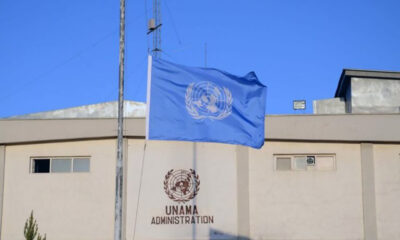
 Latest News5 days ago
Latest News5 days agoUNAMA issues latest rights report, notes ongoing challenges for women, girls and media
-
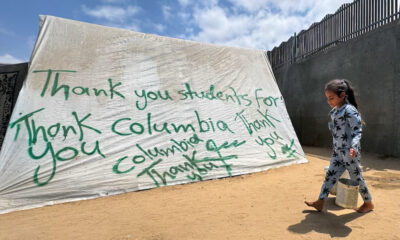
 World4 days ago
World4 days agoWhy Palestinians can count on American students but not Arab allies to protest
-

 Sport4 days ago
Sport4 days agoAbu Muslim and Attack Energy win in ACL matches
-

 Sport5 days ago
Sport5 days agoBairstow, Rossouw help Punjab beat Chennai in IPL
-

 Sport4 days ago
Sport4 days agoFour Afghans included in Refugee Olympic Team for Paris 2024
-
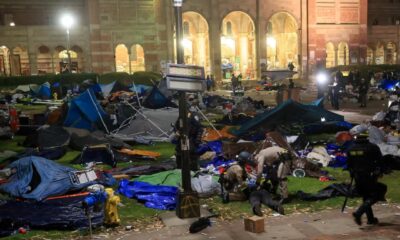
 World4 days ago
World4 days agoCalifornia police flatten pro-Palestinian camp at UCLA, arrest protesters
-

 Latest News4 days ago
Latest News4 days agoFive dead, 24 injured in traffic accident in Samangan

